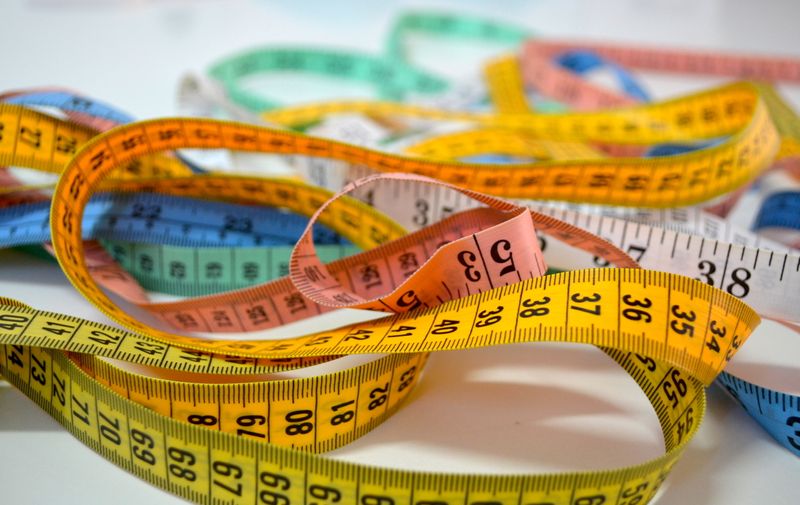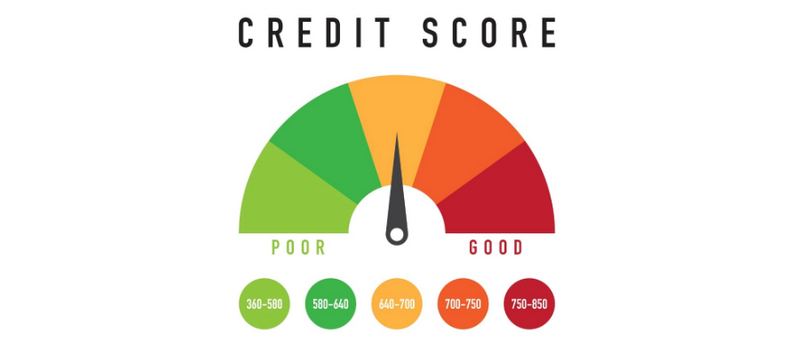 Photo by patricia serna on Unsplash
Photo by patricia serna on UnsplashIf you could rate yourself between 0 and 800, what number what you be?
A credit score is a three-digit number, typically between 300 and 850, that represents your credit risk (or the likelihood you pay bills timely). It's calculated based on your financial information, including:
History of payment
Amount of debt
Age of credit
Types of credit
Inquiries for credit
Why Should You Care About Your Credit Score?
Your credit score represents a snapshot of your credit risk profile and credit behaviors.

A higher credit score can boost your chance of credit approval. On the other hand, a lower credit score may lead to difficulty in getting approval for credit. Lenders look at your credit score to evaluate credit requests, such as:
applying for financial loans,
opening a new billing account, or
signing an apartment lease.
What Does Your Credit Score Impact?
A low credit score typically indicates high credit risk and may result in:
higher borrowing costs (interest rate) if approved, or
denial of your credit request
Good credit management increases your credit score and can even decrease your costs of borrowing. This puts more money in your wallet to save and invest in your future.
Quiz
Which of the following is NOT an impact of a low credit score?
Take Action
Have you checked your credit score recently? If not, a quick internet search will put you on the path to financial freedom.
Your feedback matters to us.
This Byte helped me better understand the topic.
